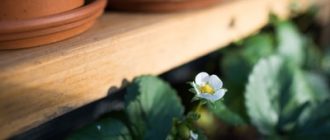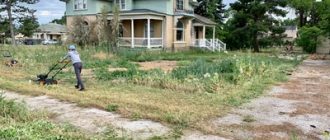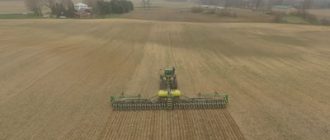Composting has developed into a very big issue both in the cities and suburbs there is an issue of not only the aesthetics factor but of the huge amounts of smog created from the methane that is created in the process of composting. Not only this is bad for the environment but it also means that those who compost are forced to do so inside and are not exposed to the elements as they would be if they were outside. Suburbs near the urban area often have composting areas that signify they are green but is this really the best way of helping to sustainable the area?
Composting in the city is not much different than in the country town however there are some exceptions. Place like apartment buildings and apartments are not usually subject to the limitations that cottage gardens are so they tend to be a bit drier and hence more parsimonious when it comes to composting. Then there are the containers that are on patios and roof areas where there aren’t trees to properly support the weight of a fully loaded compost bin.

Composting in the city is a question of technology then methods used. Items such as tumbling compost bins can be found in some areas but the majority of urban dwellers are not using them. The need for the separation of the compost from the material that is in the compost bin is something that is new to most gardeners and is a good way to go about it. Composting in the city is different to the traditional methods of composting in the country due to the fact that the volumes that you are composting are much smaller.
Many composters will actually shred the material that is in the traditional compost piles in order to help break the material down quicker and the fact that you are not creating an open pile can mean that the resulting final compost is much quicker and also much cheaper to create.
The traditional method of composting in the country involves creating a pile in the ground and collecting the material that is fed to that pile and allowing it to sit and rot. Due to the fact that the air and moisture is able to easily circulate around the pile, air circulation is vital to the decomposition process and this is generally done by worms.
Composting in the city is a lot quicker and the decomposition actually starts before the actual garden is ripe. The smell of freshly turned compost is an indicator that the process is still working and decomposing.
Moisture is necessary and fresh rainwater is extremely good for compost. You can also use tap water but bear in mind that tap water contains chlorine and may kill the beneficial microorganisms necessary for the proper breakdown of the organic matter.
Dr providing microbes to the heap slightly accelerates the rate of decomposition and many people find that providing a small amount of microbes to the heap will actually kill any weed seeds they may be containing. Therefore they provide microbes to the heap.
The tap water used within the home is rich in chlorine and as well as helping to kill off any weed seeds, it also feeds the microbes present. So that’s good for composting but bear in mind that mineral salts may be present in tap water and this may damage the compost.
Overed pots are safe to plant and should not be watered after they have been used. Clay pots are porous and as a result will lose moisture slowly thus allowing the compost to be moist longer. However, be careful not to over water or the compost will become soggy and sour. If the compost is becoming too wet, cover it with some filter to prevent this.
Composting at home is simple and useful.












